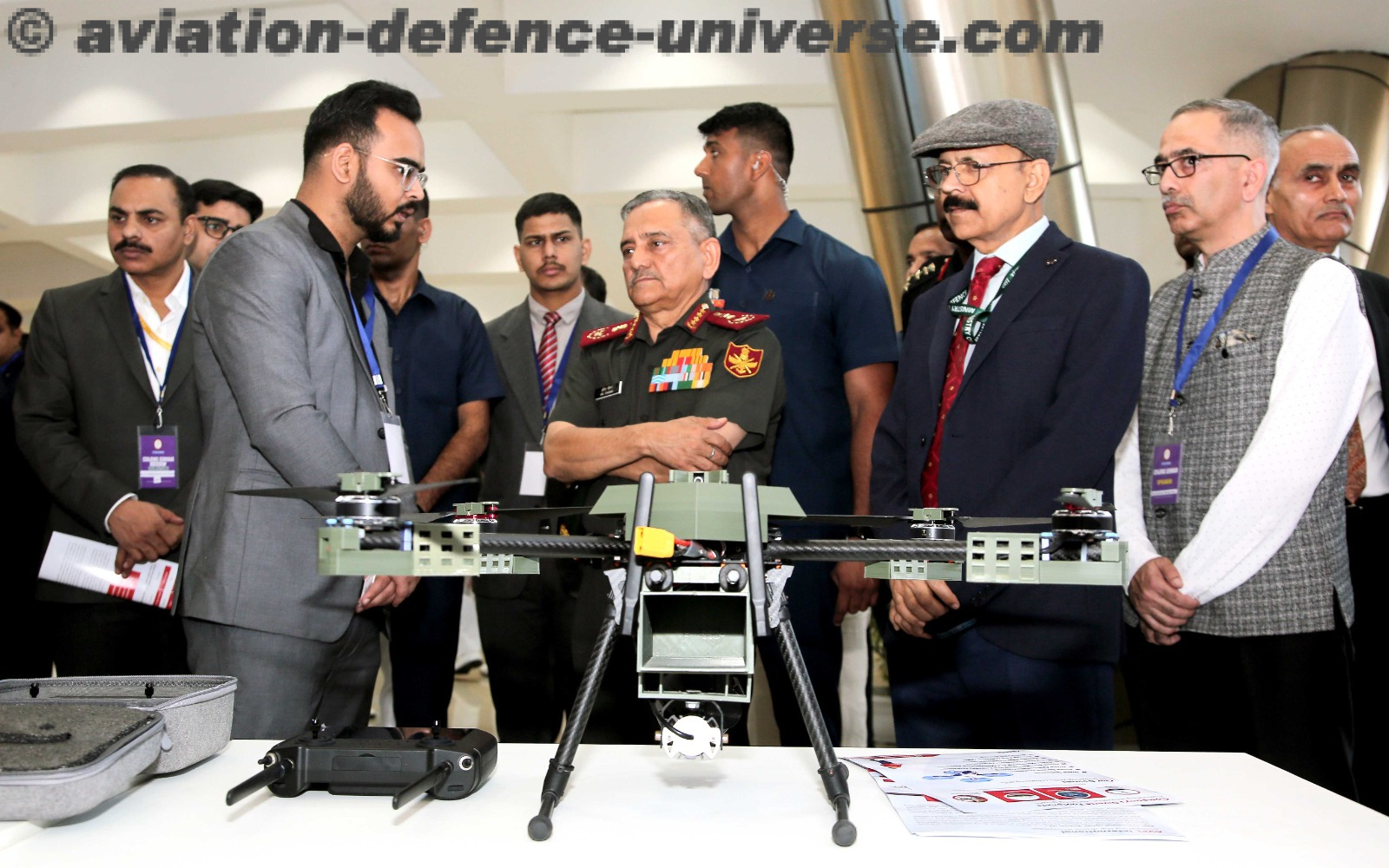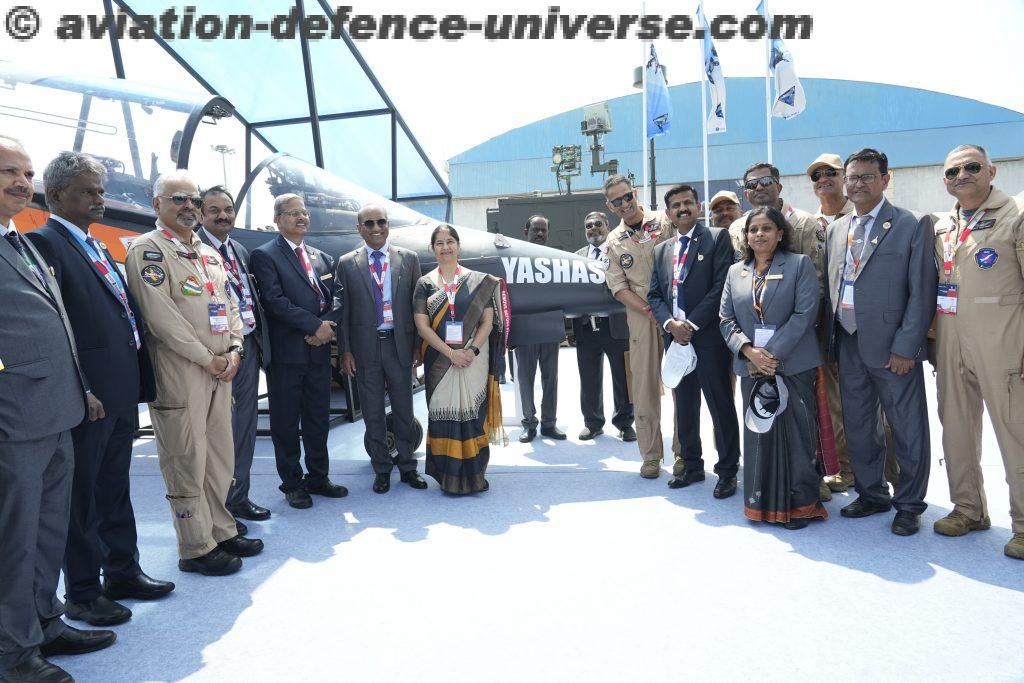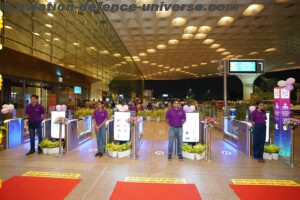Samarkand. 30 August 2022. Following extensive testing, Samarkand International Airport has launched the first E-gate border control system in the Republic of Uzbekistan.
The E-gate software and hardware system, developed by an Uzbekistan company under contract with the border troops of the State Security Service of Uzbekistan, allows safe and uninterrupted processing of arriving passengers.
The automated border control system is based on biometric technologies and provides for automatic identification of the person and allows for a quick and safe border crossing with minimal involvement of border control officers.
Gayrat Nematov. General Director of airport management company Air Marakanda LLC, said:”Air Marakanda provides the most advanced technologies in the new terminal of Samarkand airport that meet international standards, so the implementation of such a project as E-gates is a logical solution for any modern transport facility. We are interested in the fact that the latest equipment allows passengers to minimize the time of passing all the necessary procedures. In aviation, the most important principles are safety and comfort, and such a project meets these requirements as much as possible.”
As part of the border control system, the technology expands the system’s capabilities and can be used at air, road, sea and pedestrian checkpoints.
After extensive testing, the Border Control Unit of the State Security Service chose to install the system at Samarkand International Airport. The system incorporates document readers, and high-resolution video cameras that carry out video surveillance and comparison of passengers’ biometric data with an identity document. Border Control and Air Marakanda have developed measures against unauthorized passage and algorithms to ensure single passage, recognition of luggage and items left unattended. The project is expected to increase the tourism potential by speeding the flow of passengers through passport control, while making the process more comfortable and convenient for visitors and eliminating the potential for human error.



















































































































